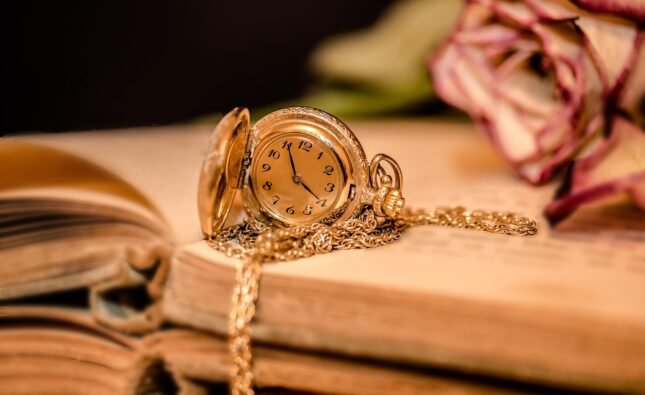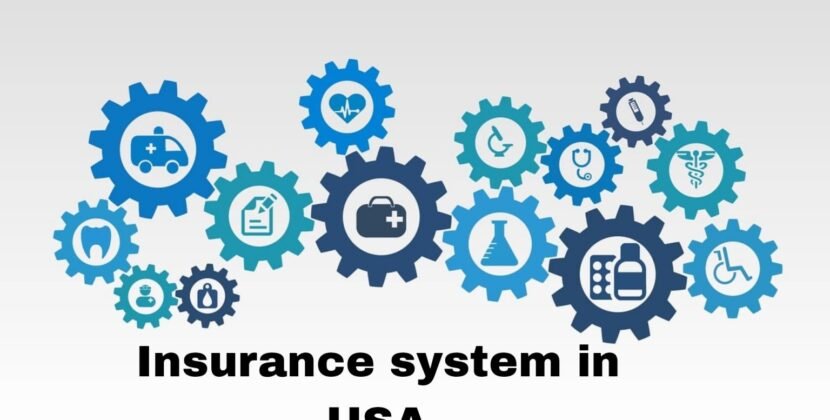For generations, kundali matching has been a crucial part of the Indian matrimonial customs. Deeply rooted in Vedic astrology, the practice consists of comparing birth charts to find marriage compatibility. For the people who truly believe in the practice, it is a lot more than symbolic – it is how they align life paths, guarantee compatibility, ensure harmony, and avoid conflicts in a marriage.
Like a majority of the practices that have an ancient link, kundli matching too has remained fairly unchanged in how an astrologer approaches them, through human interpretations, traditional rules, and time-consuming estimates. However, in recent times, we are seeing a shift in trends brought in by artificial intelligence. With its base deeply rooted in yottabytes of data, AI has the capability to study and transform a massive set of kundli databases into clear insights.
With AI having already marked its entry in the domain, the question is no longer if AI can be used in astrology; it is how well it is designed and if AI can make the practice accurate, smarter, or even relevant in the complex modern relationships landscape.
The Foundations and Limitations of Kundli Matching
At its base, kundli matching is based on the concept that the planetary position when a person is born influences individual characteristics, interpersonal dynamics, and even life events. The Ashta-Koota method, which is one of the kundli reading approaches, compares eight crucial aspects between birth charts, assigning points that add up to 36 scores, with points closer to 36 indicating better compatibility between two individuals.
In modern times, however, there are some inherent limitations to this methodology.
Firstly, it is very interpretative. Two astrologers, even with similar experience levels, can derive different meanings from the same kundli on the basis of their philosophical learnings, understanding, and even biases. The approach is also very reliant on planetary movements and not on practical aspects like career, education, views on finance, and maturity.
Next, traditional kundli matching is not built to scale. In a space where digital matchmaking and matrimonial apps are on the rise for processing millions of profiles in real-time, comparing them manually is simply not feasible. Lastly, there is often a disconnect in what the kundli says vs what actually happens, for example, a couple who get a low score match in kundli due to first decan scorpio could be perfect for each other in real life, or vice versa.
While all these points do not render kundlis obsolete, it does signify the importance of modernising the approach, and that is where AI comes to the forefront.
How is AI Transforming Kundli Matching?
The role of AI in kundli matching is not about changing astrology rules, it’s about bettering the analysis with the help of speed, precision, and logical insight. Through machine learning models, AI systems can study and process millions of historical kundli matching cases. By analyzing their results – patterns of compatibility, successful marriages, and divorces, AI starts finding patterns which human astrologers will not be able to – patterns which can improve compatibility assessments.
Unlike traditional reading, which often limits the study to a numerical score, AI-based kundli matching platforms break compatibility in different layers: intellectual, emotional, financial, sexual, and long-term compatibility, resulting in a comprehensive view of the relationship.
Data over Dogma
What truly differentiates AI in this space is the capability to go beyond fixed dogma. Traditional kundli matching approaches treat planetary positions in a predetermined way, Mars in one house will always mean one thing, Sun placed in house x is always a problem. For something as dynamic as relationships, fixed formulas rarely apply or even make sense.
AI models that are trained on millions of datasets can help differentiate between symbolic meaning and real outcomes. For example, Mars in the seventh house, which means conflict in marriages in the kundli sense, in AI, the algorithms could find it not having any relation to high divorce rates, maybe because the societal structures have evolved, or there could be some under-the-cover chart factors impacting the influence.
This context-aware kundli matching system is built to grow with culture, time, and real human behaviour.
Eliminating Biases and Bettering Accuracy
Another crucial advantage of using AI is the objectivity it offers. Although astrologers bring in emotional intelligence and valuable intuition, they can also be biased, consciously or subconsciously. The AI model, on the other hand, uses the same rule every single time; it does not factor in who the person is – caste, salary, family status, etc. – unless explicitly programmed to. This neutrality helps ensure an equitable matching process, especially when there are a large number of users.
Lastly, there is very little room for error. Complex calculations that take humans time to comprehend can be automated effortlessly through artificial intelligence. AI helps ensure that the charts are generated correctly and interpreted correctly.
The Hybrid Model – Human Intuition and Artificial Intelligence Quick Analysis
Despite all the advancements that AI is making, it is not positioned or even practically ready to replace astrologers. Instead, it is taking the role of a collaborator. If you picture traditional kundli matching as a handwritten map, AI matching would be the GPS equivalent. So even though the destination is the same – finding an ideal life partner – the journey becomes either automated or more intuitive depending on which approach you end up choosing.
To build a more collaborative system, a number of astrologers have already started embracing AI to support consultations. They use AI-powered charts, a breakdown of compatibility, and predictive models as a base, on which they then base their insight. This cohesive approach merges the spiritual and emotional while keeping the speed and scalability that only AI can bring to the table. For millennials and Gen Z users, this creates a palatable experience as they can get direct access to astrology in a modern, tech-first format. So instead of navigating a cryptic Sanskrit dosha, they get relationship insight in a natural, visual, and user-friendly format.
Real-World Relevance with Modern Relationships
One of the primary criticisms that traditional kundli matching faces is its assumed relevance in relationship dynamics. Today, people are rarely marrying at 21, are cohabiting to know each other better, and bringing in complex equations like career decision, emotional connection, political views, and even life philosophy into the picture.
AI has the capability to bridge this gap. When merged with behavioural data and psychology-driven profiling, it gets the ability to identify compatibility points even in areas where even traditional kundli matching is unable to dig in.
For example, AI models and algorithms can:
- Find shared value systems through language patterns in surveys
- Measure emotional maturity through their answers in hypothetical relationship challenges.
- Identify communication mismatch by studying psychological and astrological markers.
Because of these factors, AI-powered kundali matching becomes less about fate and more about relation dynamics – something every modern couple cares about.
Responsible and Ethical Use of AI in Kundli Matching
When it comes to artificial intelligence applications, ethics are absolutely necessary, particularly when it comes to dealing with sensitive personal data and life decisions, as in the case of kundli matching.
First, protecting the privacy of prospective couples’ data is of the utmost importance. It is necessary to implement stringent security standards when dealing with information such as birth data, relationship information, and even psychometric inputs. The users would demand transparent information regarding the storage, utilisation, and dissemination of their data.
Furthermore, excessive dependence can be a genuine concern. AI has the potential to deliver insightful information; nevertheless, it should not be allowed to take the lead in making decisions. It is not fate that determines compatibility scores; rather, they are signs. Instead of using them as deal-breakers, couples and families should focus on using them as conversation openers. And finally, there is the issue of bias based on cultural background. The use of traditional matchmaking data in the training of artificial intelligence models may result in the unintentional reinforcement of archaic standards, such as preferences given to a certain caste or gender roles. Ultimately, it is the job of developers to build systems that are forward-thinking, welcoming, and representative of the ideals that are prevalent in today’s society.
The Prospects for More Intelligent Kundli Matching
The application of artificial intelligence to the process of kundli matching is still in its infancy stage, but the path it will take is crystal clear: with time, it will only become more personalized, more contextual, and a lot more actionable. It is possible that future versions of these platforms would incorporate elements like relationship coaching, long-term compatibility forecasts, and even have the provision for dispute resolution counsel based on astrological and psychological markers.
In order to provide comprehensive life counsel, they may also integrate with other lifestyle tools, such as apps for mental wellbeing, career planning systems, or even fertility monitors. However, even without those bells and whistles, the achievements that artificial intelligence has already made are impressive. An approach that is usually considered to be inflexible or esoteric has been given a contemporary and data-backed makeover by this.
Because of all this, astrology is now accessible to a new audience that places a high value on science, quickness, and individualisation. On top of that, the fact that modern technology and old knowledge do not necessarily have to be in conflict with one another is currently clearer than ever before. Together, they are able to produce something that is not just more intelligent but also more sympathetic and unexpectedly insightful – but only when they collaborate.
If you are looking for a platform that perfectly combines AI insights and traditional intuition, HiAstro is the place for you. We have a team of AI astrologers who have been built on millions of astrology, behavioural, and compatibility data sets, ready to answer all your kundli questions.













